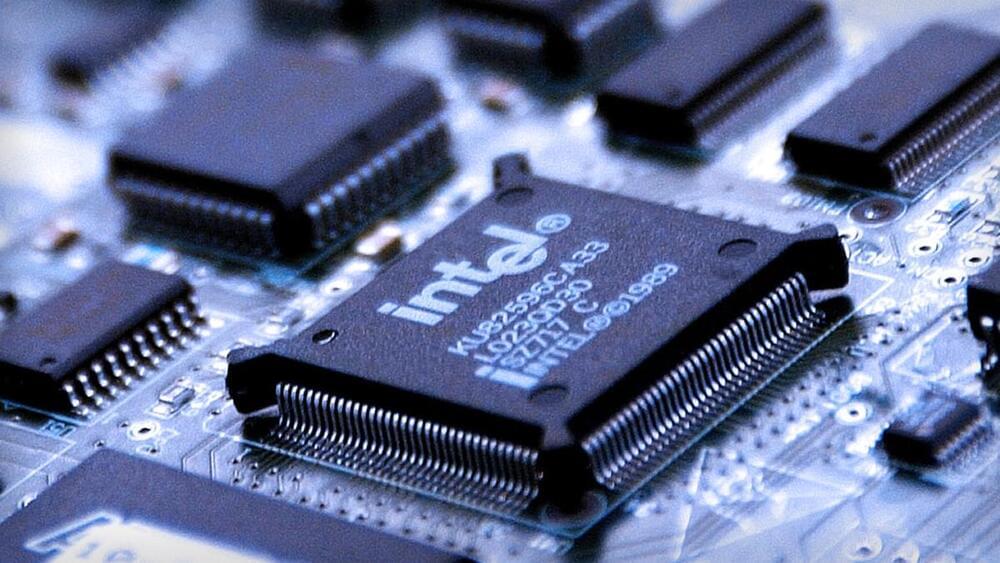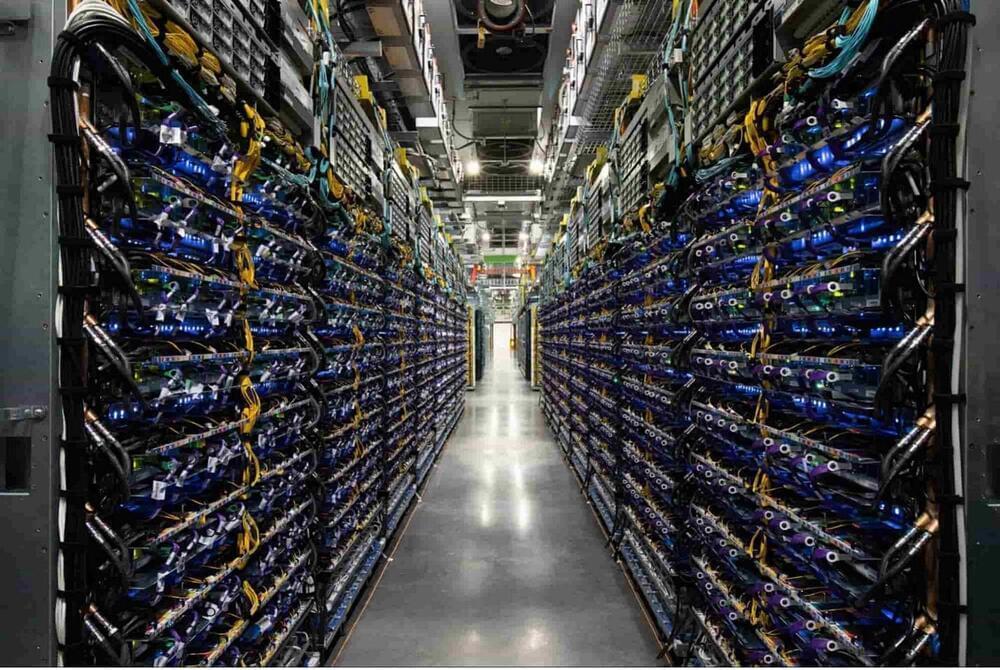How do you teach an autonomous drone to fly itself? Practice, practice, practice. Now Microsoft is offering a way to put a drone’s control software through its paces millions of times before the first takeoff.
The cloud-based simulation platform, Project AirSim, is being made available in limited preview starting today, in conjunction with this week’s Farnborough International Airshow in Britain.
“Project AirSim is a critical tool that lets us bridge the world of bits and the world of atoms, and it shows the power of the industrial metaverse — the virtual worlds where businesses will build, test and hone solutions, and then bring them into the real world,” Gurdeep Pall, Microsoft corporate vice president for business incubations in technology and research, said today in a blog posting.





